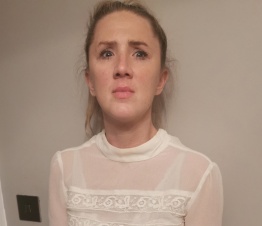What is family or systemic therapy?
Family therapy, or systemic therapy, is a specific type of therapy employed by those working with families or couples in intimate relationships. It is based on the view that every family is a group which behaves in a particular way or a system which is preserved by each of its members. Therefore, the mental health and behavior of each family member is influenced by, and contributes to, the family group and character. Because relationships in families are intertwined in this way, change in the individual can influence the family, and change in the family can influence the individual. The focus is on the relationship between different members and how each person contributes to the family system. Systemic training is a Masters level qualification and trainings are accredited by AFT (Association for Family Therapy).
Family therapists look at relationships, patterns and systems of relationship in the family as a whole; they are interested in how people respond to each other. For example, what happens to Mary when her mother argues with her father, or how the whole family as a group is managing a painful or shocking situation. In this way the family or couple is seen as the client, rather than the individuals within them. A family therapist will support family members or couples to listen fully to each other and talk openly together. They may meet with the whole family together, as well as spending time with different family members, such as a father and daughter, brother and sister.
Who benefits from family or systemic therapy?
Family therapists often work with families striving to cope with a traumatic event, such as divorce, separation, illness or bereavement. It can be helpful for people living in complicated situations such as stepfamilies, or for repairing relationships between children and parents. Couples therapy can support people who are having difficulty living together, who want to enhance their relationship or in some instances want to separate without a breakdown of communication.
Family therapy can also be very useful if a member of the family has a particular problem, such as an eating disorder, an addiction, depression, schizophrenia, bipolar disorder; anything with the potential to cause tension within the family context. In all these cases, family therapy can be beneficial for both the individual and the family unit as a whole. New and better ways of managing difficult situations, more successful communication, and deepened understanding with a sense of fuller and more satisfying relationships can all be outcomes of this style of therapeutic work.
Relevant associations
This information has been vetted by a professional member of the welldoing directory
Last updated on September 16 2015



















































